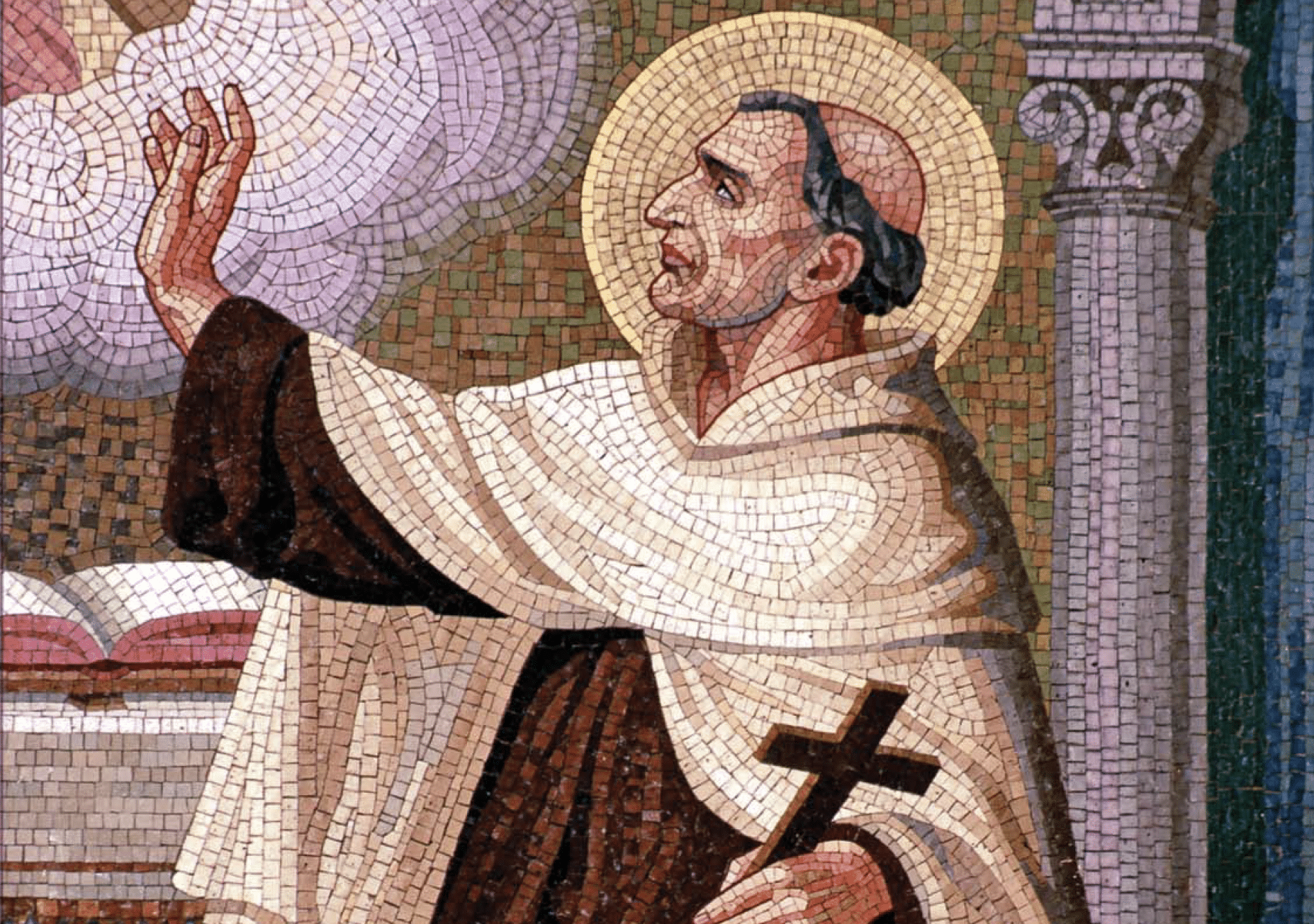To think of Lent only as a time of penance is to do it an injustice. While the traditional practice of “doing something” for Lent is praiseworthy, there is much more to this wonderful season than just additional practices of piety or acts of penance and mortification. In Lent the Church calls us to metanoia.
As a former Greek teacher, I take delight in pointing out that the word metanoia connotes a change of mind and heart, altering one’s mind-set toward whole new ways of thinking and acting. This involves taking a look at where we are and trying to see where we ought to be. It involves testing our values and discerning how they stack up against the values that Jesus offers his followers.
Fortunately, metanoia is not something we have to do all by ourselves. God’s word gives us a lot of help in the process, as does the example of our brothers and sisters in the Lord who are engaged, during these weeks, in the same exercise.
Lent is also the season of final preparation for those who will be baptized at the Easter Vigil. The Church invites its members to pray for these catechumens, but also to renew their own commitment to the life that began in them when they were baptized and so became members of God’s people.
Finally, Lent prepares us for Holy Week, for those most sacred days in the Church’s year when we celebrate the suffering and death of Jesus, the Lord’s gift of himself in obedience to the mission he received from his heavenly Father. Of course, the suffering and death of Jesus—and his resurrection—present questions and challenges to each of us in the context of our own mission as followers of Christ and so in our process of metanoia.
During the weekdays of Lent, therefore, the Scripture readings for the Eucharist are concerned with three main themes. The selections for the first three weeks have to do almost exclusively with change of heart: what it means and what it involves. They present the classic motifs of Lent: prayer, care for our neighbor, repentance for our sinfulness.
The fourth and fifth weeks offer us a series of selections from the Gospel according to John. These deal at first with the basics of Jesus’ mission and thus further outline the change of heart that is required of us while, at the same time, teaching us about what the catechumens—and we—are to seek from him in Baptism. As the season progresses, the readings lead us into the Passion of Jesus, showing us the tensions and controversies that finally led the leaders of his people to do away with him.
Sometimes the Church plays us only one of these themes. Sometimes two or even three of them are presented together in a sort of harmony so that we become aware that a change of heart and beginning a new life and participating in the sufferings of Jesus are all part of what it means to be his disciples.








